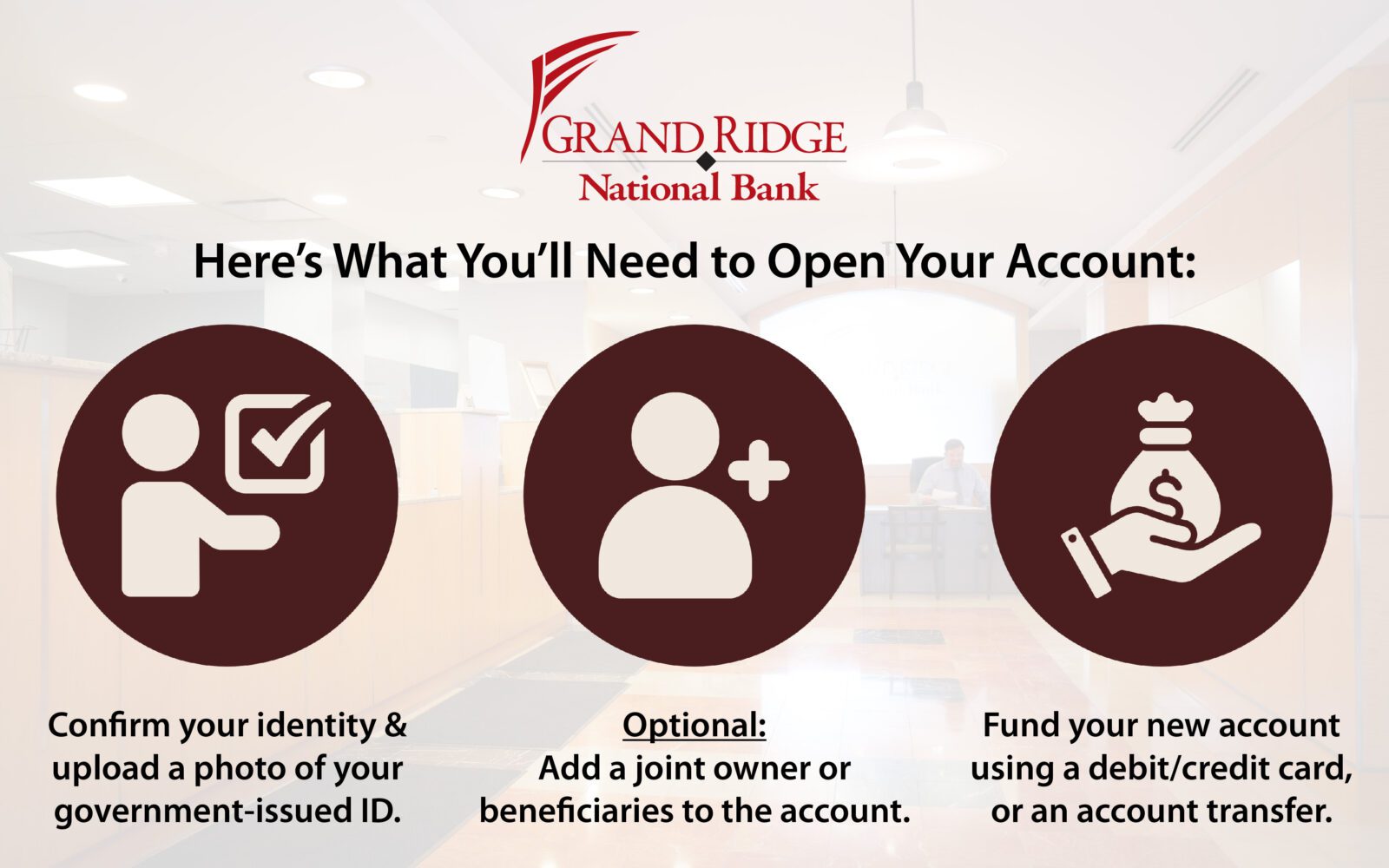You’ve Heard of a CD Before
So you’re driving down your favorite shopping center, and some random bank on the right is flashing a sign: “Open a 15-Month CD Today!” Ok, I keep seeing this – what in the heck is a CD? I see this advertised outside of every bank I pass, and there’s always some sort of interest rate. So is it a savings account? Wait, no it can’t be – otherwise they’d just call it that. But I have to earn money on this somehow… I think. Why does my bank want me to open one so badly?
It Helps to Spell it Out
Luckily, the person writing this blog works at a bank, so allow me to explain further. A certificate of deposit, otherwise known as a “CD,” is a safe way to invest over a fixed period of time. When you open a CD, there will always be a stated annual percentage yield, or “APY.” This is the rate of return you will earn for allowing the bank to hold your cash. Think of this as how much money you’re going to earn for letting your bank hold onto it. Most CD’s use a fixed rate that doesn’t change, which keeps you protected against sudden market changes. This helps make your earnings more consistent. However, some banks might offer a variable rate, which changes your rate of return if the market increases… or decreases. This makes your earnings less predictable.
What’s the Difference?
“So… ok, yeah it’s basically a savings account.” You can think of a CD like a savings account, but there are a few important differences:
- A savings account usually lets you freely make deposits, whereas a CD uses a single deposit.
- Most savings accounts allow for withdrawals, but a CD lasts a specific length of time where you leave your funds alone.
- A savings account stay open until you close it. On the other hand, at the end of your CD’s term, there’s a “maturity date.” This is when you receive your deposit back plus all of the interest you earned! Most banks offer a grace period to let you decide if you want to cash out or open another CD.
- Most banks offer significantly higher interest rates for certificates of deposits than savings accounts. This is because you’re essentially promising the bank your funds will be available for a fixed period of time.
- There are a variety of terms you can choose when opening a CD, which offers more flexibility for how much you want to earn.
Staying Secured, Insured, and Informed
Something that CDs and savings accounts have in common is FDIC insurance. This is the government’s way of insuring your funds in the event of a bank failure (think of how businesses were reimbursed from Silicon Valley Bank, or “SVB”). For both savings and CD accounts, the FDIC offers up to $250,000 per depositor per account type. This means when opening a joint account with 2 beneficiaries, you’re insured for up to $1,000,000! If you need even more protection than this, it’s available with ICS or CDARS (we’ll explain what these are in a future post, so make sure you’re signed up for updates!).

So that’s a certificate of deposit – a risk-free way of making money just by letting a bank hold onto your funds. It’s a great way to invest, because you’re guaranteed to get your deposit back and know exactly how much you’ll be earning.
For more helpful tips on your finances, make sure to follow Grand Ridge National Bank on Facebook, LinkedIn, and YouTube. You can also visit us online at www.GRNBank.com.




